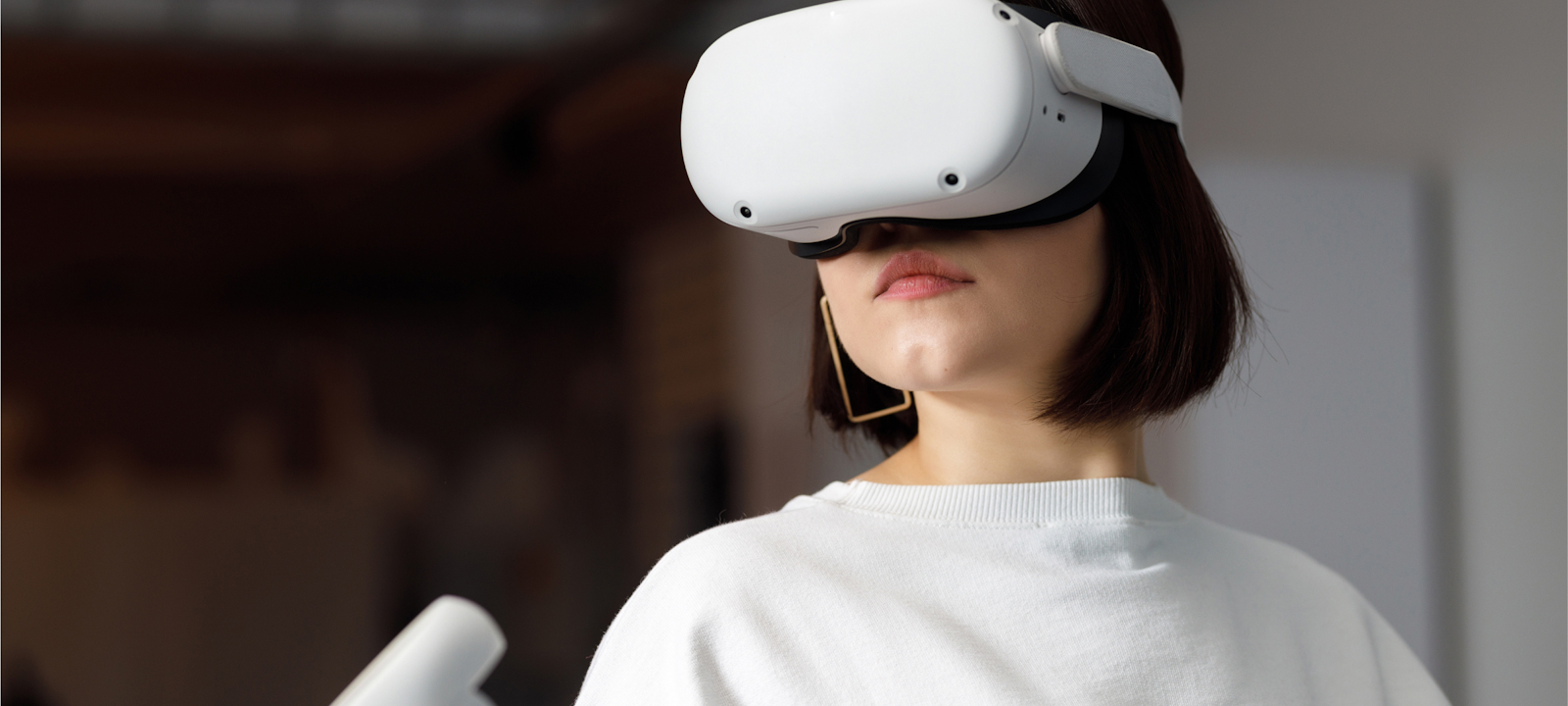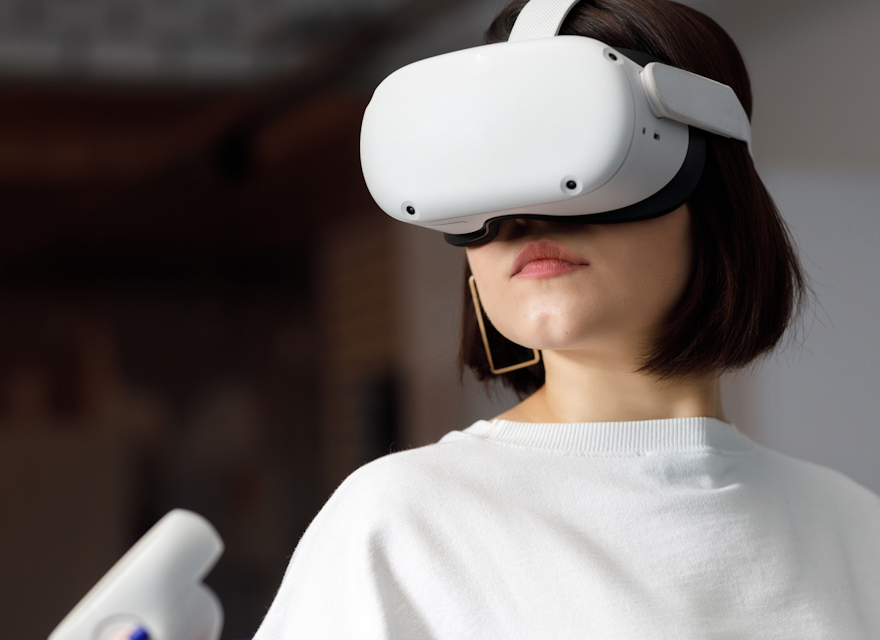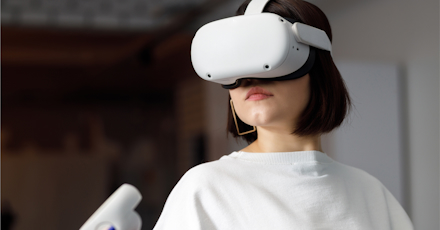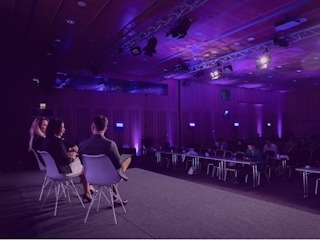May 31, 2022
"The citizens of the same State, the inhabitants of the same city, are not anchorites, they cannot always live alone and separated.” - The social contract 1762 – Jean-Jacques Rousseau
The notion of group, society and identity have been researched and debated throughout history. From ancient Greece through Jean-Jacques Rousseau who crystalized those notions into their social contract. This masterpiece is still considered a literature reference worldwide when it comes to the structure of society. Generations evolve and sometimes game changing milestones are reached, like now, for instance.
In our previous two entries in this metaverse themed blog series, we looked at the foundation and history of the metaverse and some of the metaverse platforms that brands can currently use to create their own metaverse experiences. In this entry, we want pivot to focus a little more on what the metaverse will mean to end users and what mental and social changes might arise from this next wave of the Internet.
A New Era is Unfolding
The ultimate idea of social media could be realized by what the metaverse will probably become. Within social media spaces, we connect with friends, family and strangers all over the world while often presenting versions of ourselves. This can most easily be seen in posts where people show off the differences between their Twitter, LinkedIn and Instagram profile pictures. In the metaverse, we will be able to be(come) whoever we want.
From the physical representation in which even the human form can be completely restructured, to redefining the notion of gender, voice, look, smile and style, the possibilities are endless. Borrowed from the gaming world, these possibilities will be applied in the metaverse, connected to the decentralized economy. And this is the difference between the metaverse and gaming platforms: The interoperability will grant people the opportunity to live on the web and interact with several communities.
This representation of a digital identity is called an Avatar. Avatars are the computer representation of an Internet user. Avatars can wear Skins, which are an extension that modifies the graphic presentation of the avatar. These skins can be as simple as representations of jewelry or pieces of clothing or as complicated as the entire look of one’s avatar (species, skin color, gender traits all changed with the push of a few buttons).
For end users, this presents an interesting question about social interaction in this new space. Social interaction has always been based on a set of features and expectations. People in one country having expectations that affect their interaction with people from another country, or we also see it in terms of approved behaviors between people of different genders. In the metaverse, where the avatar of the person a user is interacting with may not look anything like the person themselves (indeed, may not need to look like a human being at all), how will the current rules governing these social interactions differ? And how might those changes bleed over into our physical societies and cultures?
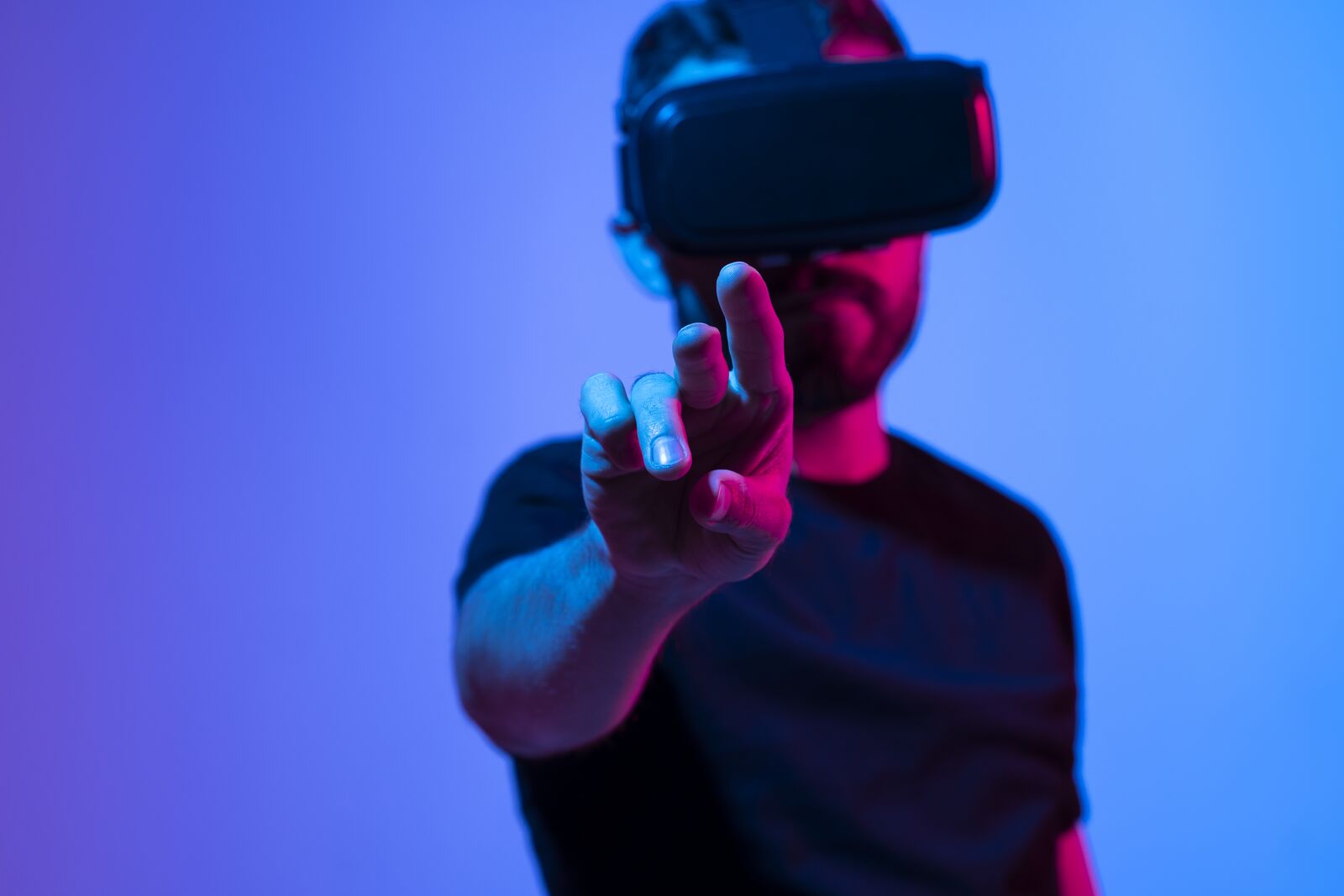 The use of digital fashion and skins is already an established user behavior in popular video games. Some games’ business models are already exclusively based on such customization. We can state that there is a direct-to-Avatar economy that is emerging. Some brands propose digital clothes which are not necessarily NFTs (because they are not based on the platforms and not on the blockchain) just like what Balenciaga did with Fortnite.
The use of digital fashion and skins is already an established user behavior in popular video games. Some games’ business models are already exclusively based on such customization. We can state that there is a direct-to-Avatar economy that is emerging. Some brands propose digital clothes which are not necessarily NFTs (because they are not based on the platforms and not on the blockchain) just like what Balenciaga did with Fortnite.
Many other examples can be mentioned: the Fabricant has partnered with brands like Adidas, Puma, and Tommy Hilfiger to virtualize their garments. Others are worth mentioning like Dolce & Gabbana who auctioned off its first NFT collection consisting of nine digital haute couture pieces inspired by Venetian history and traditions for $5.6 million.
Community and Social Connection on a New Level
Brands understand that a sense of belonging to a community and a social elite exists on the Web too. This business opportunity just started, and it will grow in the years to come as metaverses really become interoperable, allowing buyers to showcase their piece of art in different environments.
" Imagine for a moment that the metaverse does become this next iteration of social media. It represents a clean slate to make the first lasting impressions on a captivated audience with relatively little competition from other big brands. This is the next frontier and brands who begin to experiment there have the opportunity to win big."
- Hayley Sikora, Director of Research at Valtech
Utopian and dystopian stories in the entertainment industry often paint a future in which a digital reality is growing and takes a more and more important spot in our lives. Whether it is good or bad, deep questions are being examined in those creations and do influence the general debate about the metaverse. They act as references for people and help them shape their thinking towards the metaverse and its creation.
Based on our many conversations on the topic, people seem to use pop-culture references more than technical insights when talking about the metaverse. This suggests that some element of what the metaverse will become can be seen in the way people understand and engage with the topic of what the metaverse is. Do they refer more readily to pop culture works like Ready Player One in which the VR space is seen as more of a game? Or is their opinion more colored by works like The Matrix in which the virtual space is a prison? With the metaverse connecting with Web3 technologies and economies still being at the very beginning of its journey, people around the world can shape not only what it will become but also how users view it. This offers a level of democratization that we haven’t seen on this scale on the Web before.
Democratizing the Web Will Lead to Empowerment
We believe that the Metaverse will change the way humanity interacts. The convergence of the digital and physical worlds is happening and promises interesting and impressive experiences for every sector. From the entertainment, to the medical, finance and transport markets, the Metaverse will probably be a revolution of business and society according to what we see. Humanity is looking for change and more power. The evolution of the web and its third iteration is the perfect illustration of a social change: empowerment.
Consensus needs to happen to build with strong ground bases the future of human interactions. The new iteration of the Web is about the end users owning it. We have the power to shape that future, it is no longer only selected scientists, Internet corporations and researchers creating it.
Brands, organizations, and people will be the ones shaping this new world. Organizations will be responsible to propose the first new experiences which will support the democratization of those immersive spaces. And they’ll be forced to do so while paying close attention to the needs and interests of end users because creating a full metaverse experience that no one wants to use could be the type of investment that hurts a company far more than introducing a new loyalty program no one signs up for.
Whether it is in VR or on the Web, technologies, hardware and technical knowledge will evolve. People will need to get informed and knowledgeable of this new WEB3 economy. This means that companies and brands need to understand these things in order to know what is possible as well as to be able to direct the messaging around their potential offerings. A strong digital partner with a history of creating innovative experiences and deep knowledge about not only what the metaverse can do, but also how end users tend to interact with new technology is crucial for success in this area.
Many different approaches and strategies can be employed and Valtech is helping brands navigate their options in this space. You can find some initial recommendations in this paper by Hayley Sikora or contact us directly to know more! If we have the power, we have the responsibility. How will you get involved?
